Current Undergraduate Courses - Fall 2025
Click the course titles for full descriptions
courses - Spring 2026
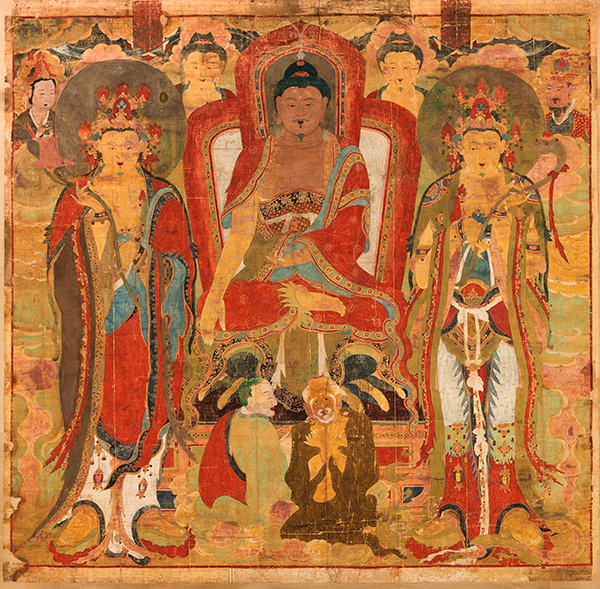
ARH 3530-01 Introduction to the Arts of Asia – Dr. Colin Brady
Mondays and Wednesdays 3:05—4:20 pm in WJB G04
World Arts
This course examines the artistic and cultural developments of Asia (India, China, Korea and Japan) from the civilizations of the Indus Valley (2600-1900 BCE) through the transmission and dissemination of Asian objects to Europe and America in the 19th and 20th centuries. We will explore the roles Hinduism, Buddhism, Daoism, Confucianism and Shintoism had on artistic expression and how the migration of these cultures and religions impacted art and architecture across Asia.

ARH 3930-01 Curatorial Practice – Grace Ali
Tuesdays 1:20—3:50 in WJB G041
This course is reserved for students who have declared the Museum Studies minor.
This course examines key exhibitions that have shaped contemporary curatorial strategies. Through a series of case studies—featuring pioneering exhibitions from the past decade—the course explores how curatorial projects have influenced museum practices, engaged global audiences, and expanded the boundaries of exhibition-making. Covering a range of institutions, including museums, non-profit arts organizations, university galleries, and public spaces, the course considers how curatorial decisions impact the presentation and interpretation of art.
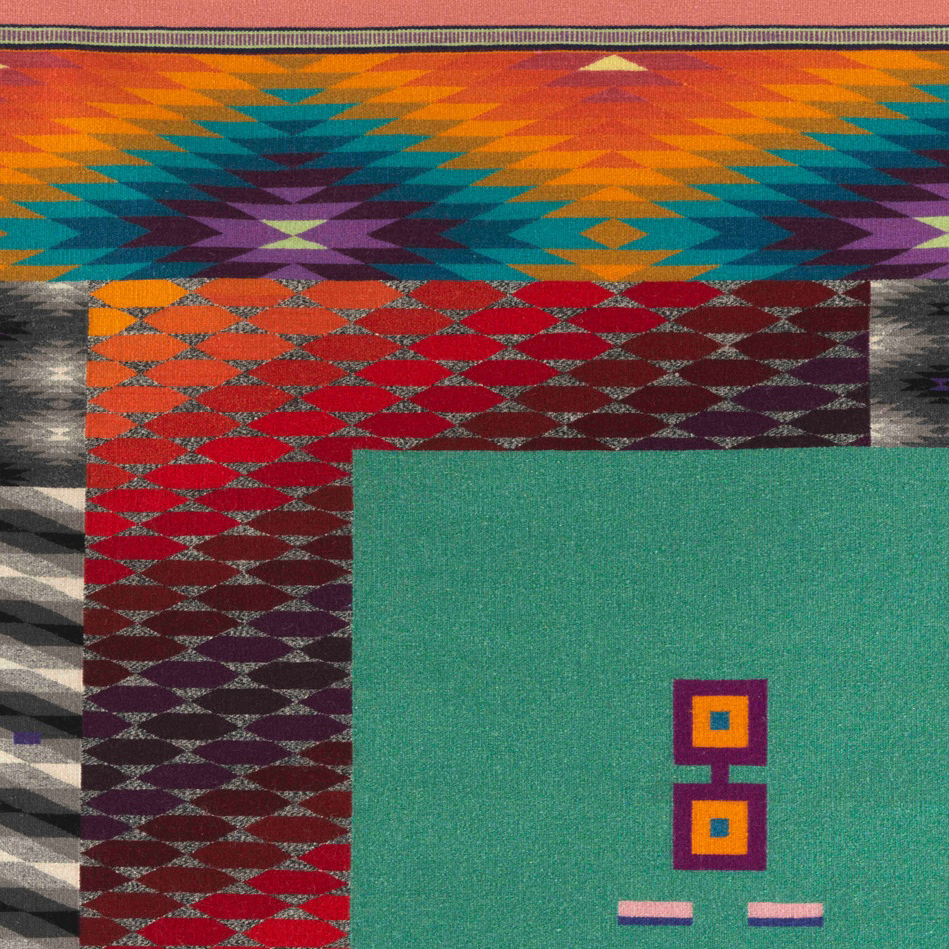
ARH 3930-02 Introduction to Native American Art – Dr. Kristin Dowell
Tuesdays and Thursdays 9:45—11:00 am in WJB G040
An introduction to the range of artistic practices within Native American cultures throughout Turtle Island, what is today known as the U.S. and Canada. We explore customary artistic practices as well as continuities between these ancestral practices and contemporary Native American art today. Connections between Native American and global Indigenous art practices will be examined along with Indigenous art historical research methodologies.
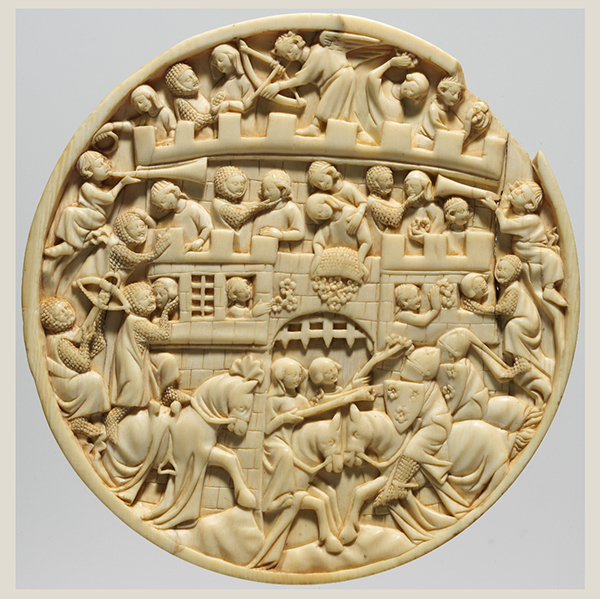
ARH 3930-03 Introduction to Medieval Art – Dr. Erika Loic
Tuesdays and Thursdays 3:05—4:20 pm in WJB G040
World Arts, Prerequisite: ARH 2050
This survey of medieval art and architecture introduces students to some of the major cultural and sociopolitical changes that took place across Afro-Eurasia in the fourth through fifteenth centuries. Topics of special interest include migration, religious iconography, debates on figuration, pilgrimage, monasticism, imperial imagery, and cultural exchange.
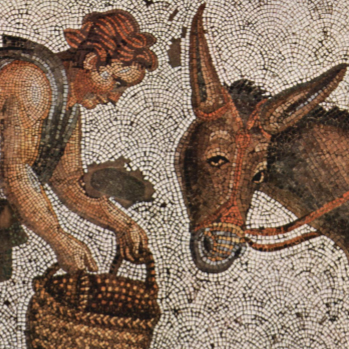
ARH 4212 Late Antique and Early Christian Art – Dr. Lynn Jones
Tuesdays and Thursdays 11:35 am—12:50 pm in WJB G040
Prerequisite: ARH 2050
This course focuses on the art and architecture produced in Late Antiquity, a time of transition from the Roman and Medieval periods. Emphasis is on the processes of transmission, adoption, and adaptation of established iconographies and architectural forms from Jewish and pagan arts to serve the needs of the newly established Christian religion.
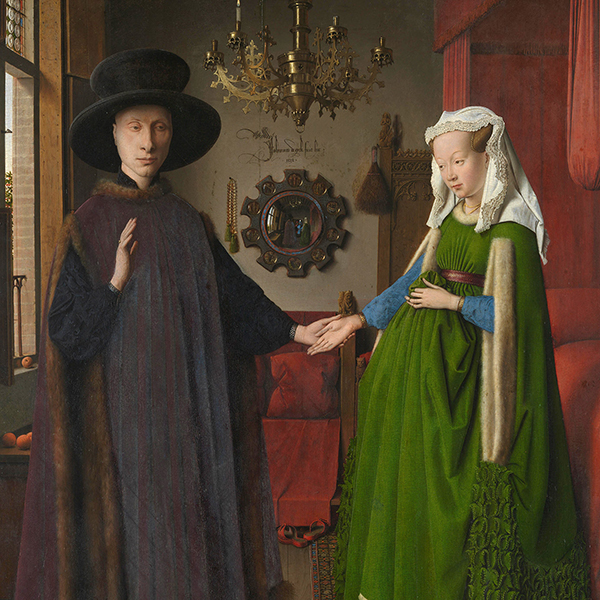
ARH 4301 Cosmopolitan Renaissance – Dr. Stephanie Leitch
Mondays and Wednesdays 12:00—1:15 pm in WJB 2041
Prerequisite: ARH 2050 or ARH 2051
This course examines artistic exchange in painting, sculpture, and printmaking in continental Europe during the Renaissance. Through case studies, we will consider the reception of Flemish art in Italy, the impact of Italian communities in Flanders, and the sites of exchange offered by northern Italian courts and Venice. We will examine the use of local materials and the transmission of new techniques. Finally, we will trace artistic styles and egos of Michelangelo, Dürer and Leonardo in the construction of German, Bohemian, Polish, and French art. This course will not survey the art of these locations, instead, we will do some close looking at artistic fluidity between them.
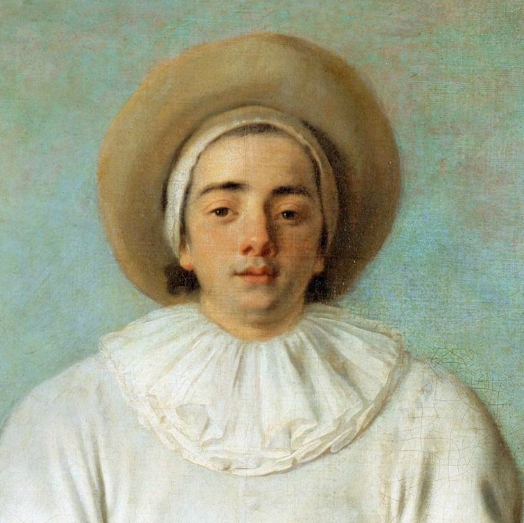
ARH 4355 Eighteenth-Century Art – Dr. Robert Neuman
Tuesdays and Thursdays 1:20—2:35 pm in WJB G040
Prerequisite: ARH 2051 or instructor permission
This course studies painting, sculpture, and architecture produced in Western Europe during the Enlightenment, with emphasis on the luxurious, sensual art of the Rococo, the rational classicism of the Palladian Revival, the new moral and philosophical image of women, and the rise of the decorative arts.
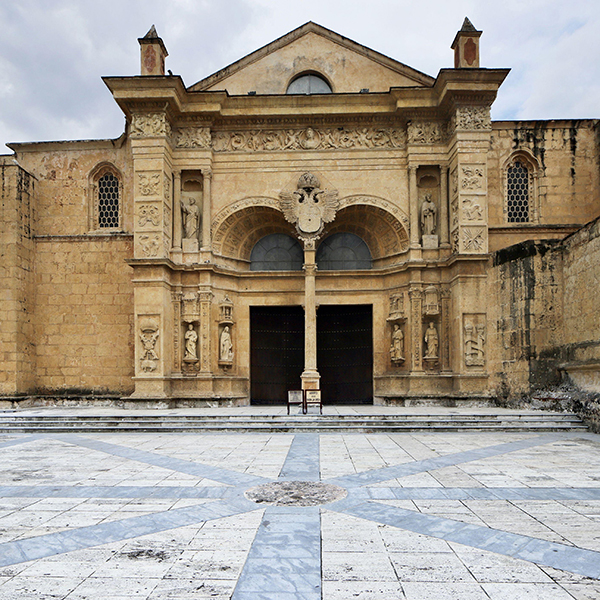
ARH 4372 Spanish Colonial Art: The Habsburg Period, 1492/1516-1700 – Dr. Paul Niell
Tuesdays and Thursdays 3:05—4:20 pm in WJB 2041
World Arts
Prerequisite: ARH 2051 or instructor permission.
This course surveys the art, architecture, and visual culture of Spain’s overseas colonies during the period of early exploration and Austrian Hapsburg rule (1506–1700). It examines a wide array of visual expressions, including painting, sculpture, architecture, urban space, prints, ephemera, ceramics, furniture, and clothing. The geographical focus is broad, to include the Caribbean, Mexico and Central America, South America, and the Phillippines.
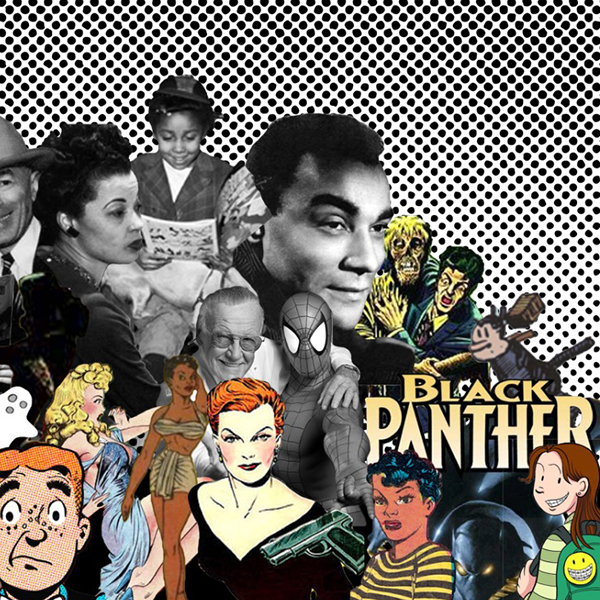
ARH 4933-01 History of American Comics – Dr. Mora Beauchamp-Byrd
Mondays and Wednesdays 10:40—11:55 am in WJB G040
This course provides an introduction to a cultural history of American comics, examining a broad range of comic forms, including animation, comic books, graphic novels, newspaper comic strips, and webcomics. Course participants will gain a greater understanding of technical language and theoretical approaches for analyzing comics, including interdisciplinary methods drawn from art history, film studies, literature, psychoanalysis, and race and gender studies, for example. Topics covered include genre studies that investigate detective, science fiction, and superhero comics; the 1954 Comics Code and other issues of comics censorship; and translations of comic forms into film and TV series such as “Spider-Man: Into the Spider-Verse” and “The Walking Dead.” This course will also discuss key figures like George Herriman, whose “Krazy Kat” strip brought unprecedented conceptual and stylistic innovation to early 20th c. newspapers; pioneering cartoonist Jackie Ormes, who developed the celebrated “Torchy in Heartbeats” and other comic strips for African American newspapers from the late 1930s through the mid-1950s; and Reina Telgemeier, whose “Smile” (2010), an award-winning autobiographical graphic novel, was based on an earlier webcomic series.
Undergraduate Seminars
Seminars are the capstone courses for the Art History undergraduate curriculum. They are research- and writing-intensive courses that give students opportunities to pursue original scholarship. Two seminars are required for the major.
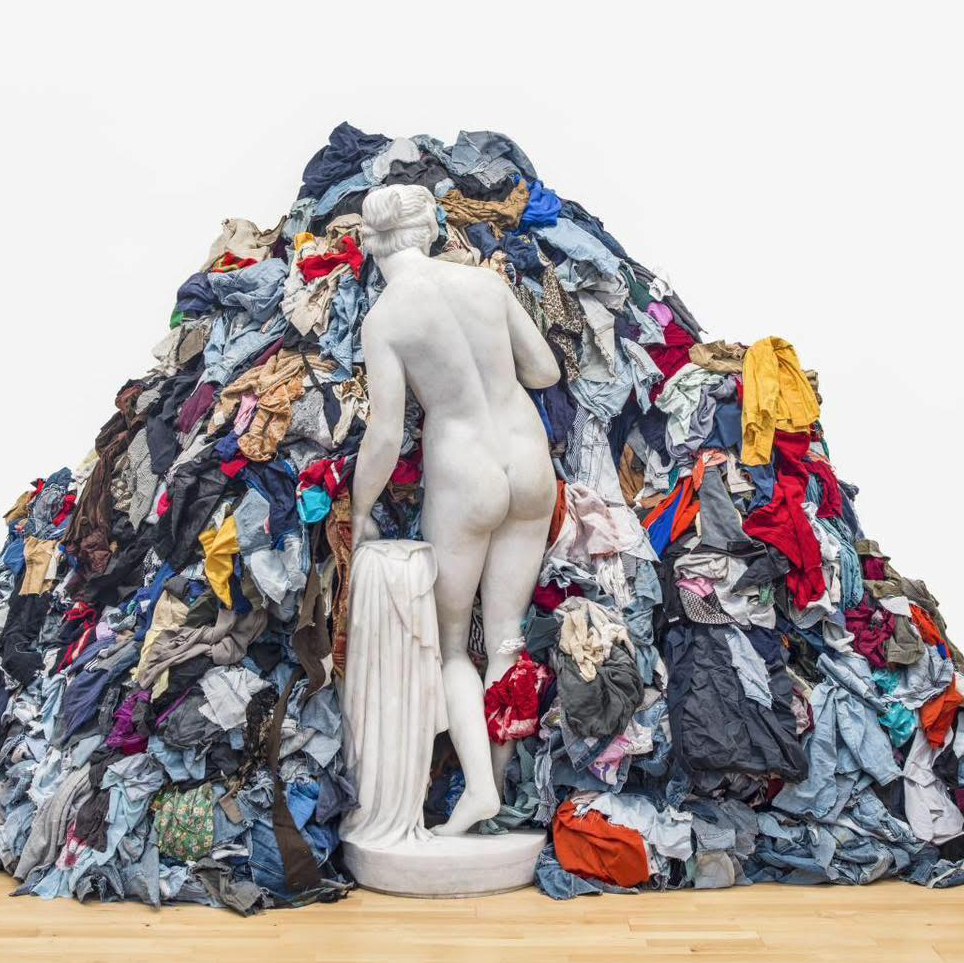
ARH 4800–01 Postwar Italian Art – Dr. Tenley Bick
Tuesdays 1:20—3:50 pm in WJB 2038
This seminar addresses postwar Italian art in context, examining major artistic issues of the period with an eye to cultural and sociopolitical shifts in the decades after World War II, concluding with the end of the tumultuous “years of lead” in the 1980s. Topics include fraught legacies of Fascism and earlier twentieth-century Italian artistic movements, debates surrounding realism and abstraction, pittura materica and the Informale, the Italian “neo-avant-garde,” reconceptualizations of artistic work and Italy’s labor movement, Italian Pop, Arte Povera, radical architecture and design, and the Transavanguardia. Close analysis of primary texts and secondary literature will support discussion of historiographic trends and identification of areas for new research.
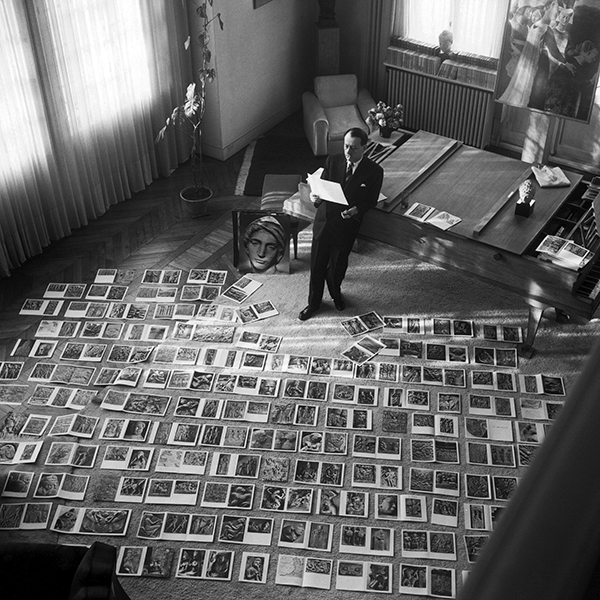
ARH 4800-02 History of Curating – Dr. Adam Jolles
Wednesdays 12:00—2:30 pm in WJB 2038
This course explores the emergence of curatorial practices during the late modern era. We will examine the major debates that have helped shape this discourse at several key moments throughout its history and focus on several exemplary case studies in its development. The course begins with the rise of curating in the eighteenth century alongside the establishment of public museums. Our goal will be to make sense of the major critical and conceptual currents that drive discourse on curating today as well as those that undergird its historical formation.
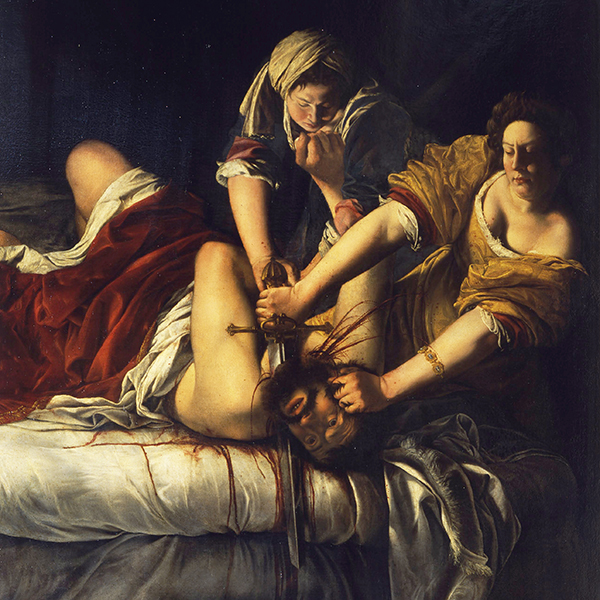
ARH 4800-03 Artemisia and Other Early Moderns – Dr. Robert Neuman
This interdisciplinary seminar deals with artists and the construction of identity in art during the period 1400-1800, that is, during the Renaissance, the Baroque, and the Rococo. We will look at painters both celebrated and obscure, such as Sofonisba Anguissola, Artemisia Gentileschi, and Elisabeth Vigée Le Brun, focusing on the function of their work in the context of their respective historical times. In addition, the course will address the issue of patronage in the realm of painting, sculpture, architecture, and collecting. Students will report on selected critical readings, present a PowerPoint focusing on a major artist, and write a research paper. The format of the class is informal discussion. Our work is collaborative, in the sense that we will share our knowledge and experience. For each class period you must come ready to stimulate discussion and prepared to participate. A major goal of this class is to develop a research agenda: students will learn to build their research program through a series of cumulative assignments that incorporate class discussion and feedback. Papers will focus narrowly and in depth on something visual, like an image. There are, however, six broad areas of discourse to keep in mind in developing a paper: artists; patrons; sources of power; the Church; the life cycle, including childhood, marriage, and parenthood; costume and beauty.
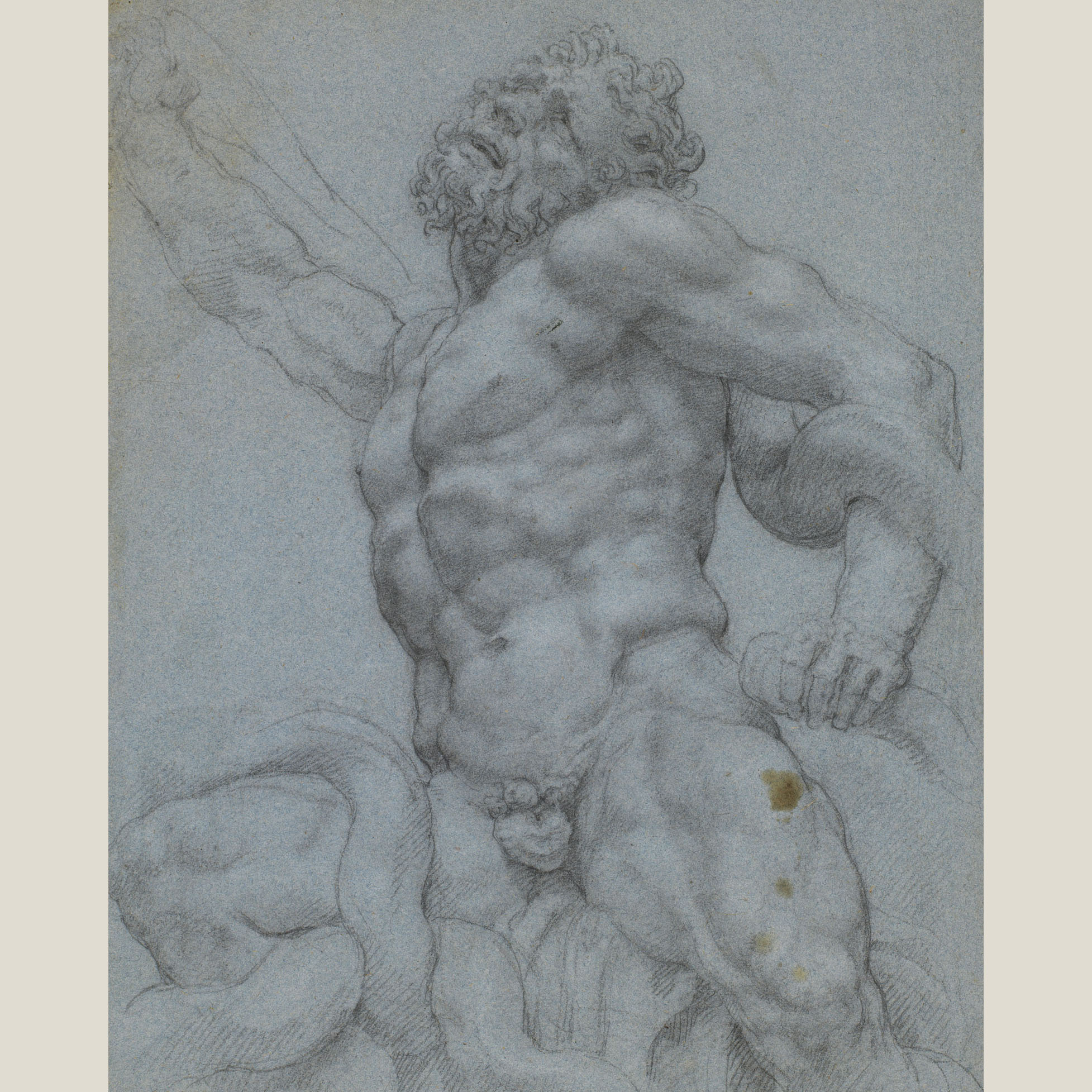
ARH 4800–04 Antiquity in Renaissance Italy – Dr. Lorenzo Pericolo
Thursdays 4:50—7:20 pm in WJB G041
It is a historiographical commonplace that a “revival” of the ancient world (of Greek and Roman antiquity) was at the core of what we now call the Italian Renaissance. But what was antiquity in the fifteenth and sixteenth centuries? What perception and knowledge did Italian Renaissance artists have of antiquity? And what was the role of literary sources in conveying or specifying the notion of ancient art? These are some of the questions that this course intends to answer.
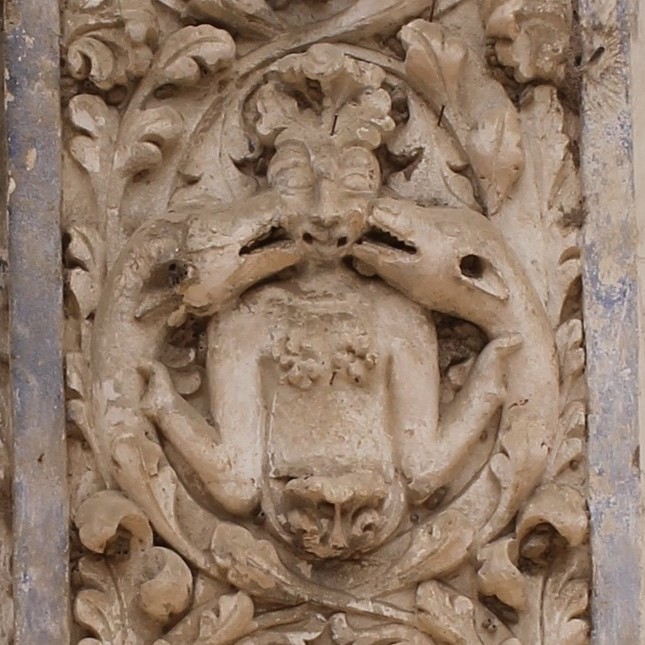
ARH 4800–05 Visual & Material Culture of African Diaspora Religion – Dr. Brendan Weaver
Mondays 9:20—11:50 am in WJB 2038
Through an historical lens, this undergraduate seminar explores the dynamic relationships between traditional West and Central African religions, such as Yoruba Vudón and BaKongo, and major world religions like Christianity and Islam within the diaspora. It investigates various expressions of African diasporic religions in the Americas, including Afro-Catholicism, Candomblé, Santería, Haitian Voodoo, and African American Christian churches through a focus on material culture. Students will explore the historical and cultural contexts of these religions and develop a nuanced understanding of how visual and material culture serve as vital expressions of faith, heritage, and creativity within diverse communities across the diaspora.
Recurring Foundation Courses
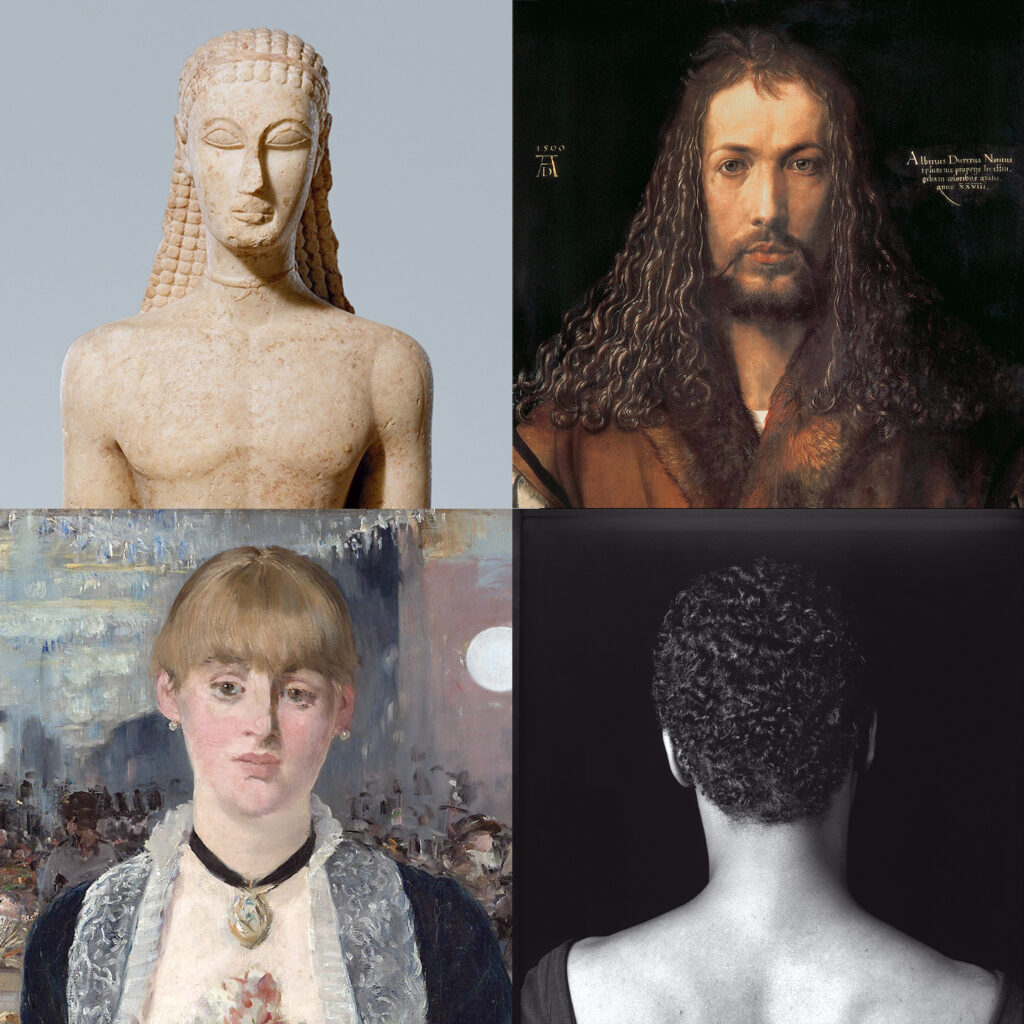
ARH 2050/2051 Art History Surveys
Required for Art History majors
Sections and times vary; see Student Central Course Search.
| These foundation courses introduce students to the discipline of art history through a survey of canonical and anti-canonical narratives of the history of art (ARH2050: prehistoric to late-Medieval periods; ARH2051: early Renaissance through global contemporary art). While the courses are organized chronologically, they are also unified by the theme of “encounters,” broadly conceived to address a wide range of unexpected meetings, confrontations, and points of exchange between two distinct entities—artistic, cultural, ideological, and more. Encounters may therefore include meetings of different artistic movements, cultural traditions, and belief systems, among other subjects. The courses address select works of art and creative expression from across history that offer students an opportunity for close object-focused study and skills development that are foundational to the discipline. The courses also teach students to build critical thinking and aptitude through discussion of the overarching course theme in a variety of contexts. |
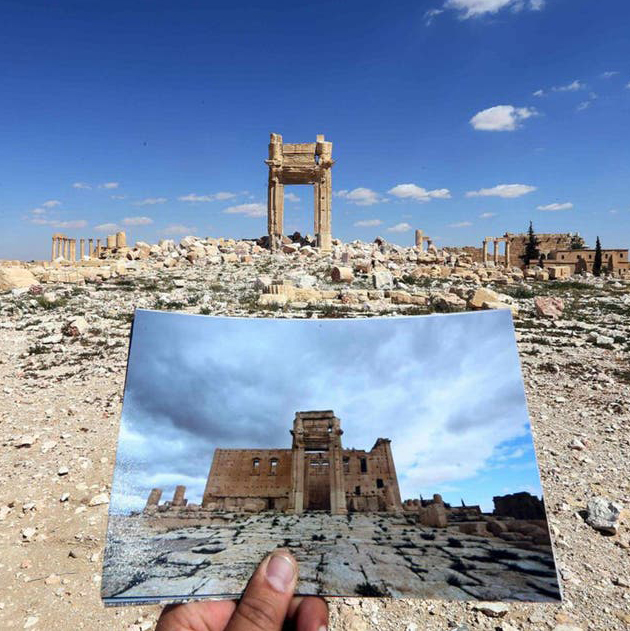
ARH 2814 Cultural Heritage in the Digital Age – Leah Sherman
Online / Asynchronous
Liberal Studies Designations: Scholarship-in-Practice, Computer Competency/Digital Literacy. This course introduces students to digital literacy through the lens of cultural heritage. The curriculum of this course includes readings, hands-on activities, discussion posts, quizzes, current events, and a significant final project geared toward the issues and practices of cultural heritage within today’s digital world. This is an online, asynchronous course where students will learn first-hand that digital literacy is not a skillset limited to one field of study or career path alone, and they will find that by gaining new competencies in this arena that they can participate in and help to shape a discourse reaching far beyond their own time and place. Cultural heritage is similarly not limited to one discipline or one culture, and it is not a historical topic – the currency and global nature of cultural heritage are two themes we will continuously see throughout the semester.
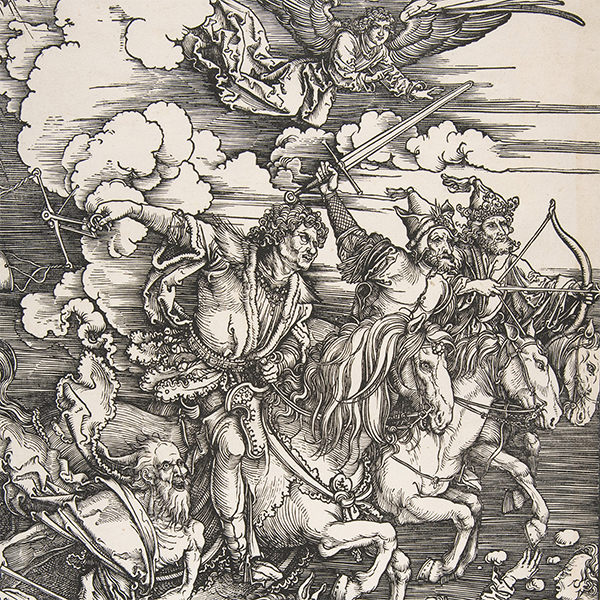
ARH 3794–01 Museum Basics – Dr. Carey Fee
Friday 9:20–11:50 am WJB 2040
|
Reserved for students in the Museum Studies Minor
From cabinets of curiosities to virtual museums, this course addresses museum history, philosophy, practice and careers. Through readings, discussions, guest lectures, field trips to local museums and a number of short topical projects, students will develop a framework for understanding the role of today’s museums. They will also be prepared to evaluate the major issues facing museum professionals today.
|

ARH 2000 Art, Architecture, and Artistic Vision – Dr. Sarah Buck
Online / Asynchronous
Liberal Studies Designation: State-Wide; Humanities & Cultural Practice Core
NOTE: Does not count toward the Art History major.
ARH 2000 is a fully-online art-appreciation course that introduces students to diverse forms of art and architecture created throughout history. Designed for remote learning since 2014, ARH 2000 is organized into weekly thematic modules that conclude with interactive assignments and discussions designed to encourage learning through role-playing, reflecting, and creating (no artistic skill necessary!). By completing this course’s interactive assignments and participating in this class, students actively practice thinking about art and its relevance to the world in which we live.